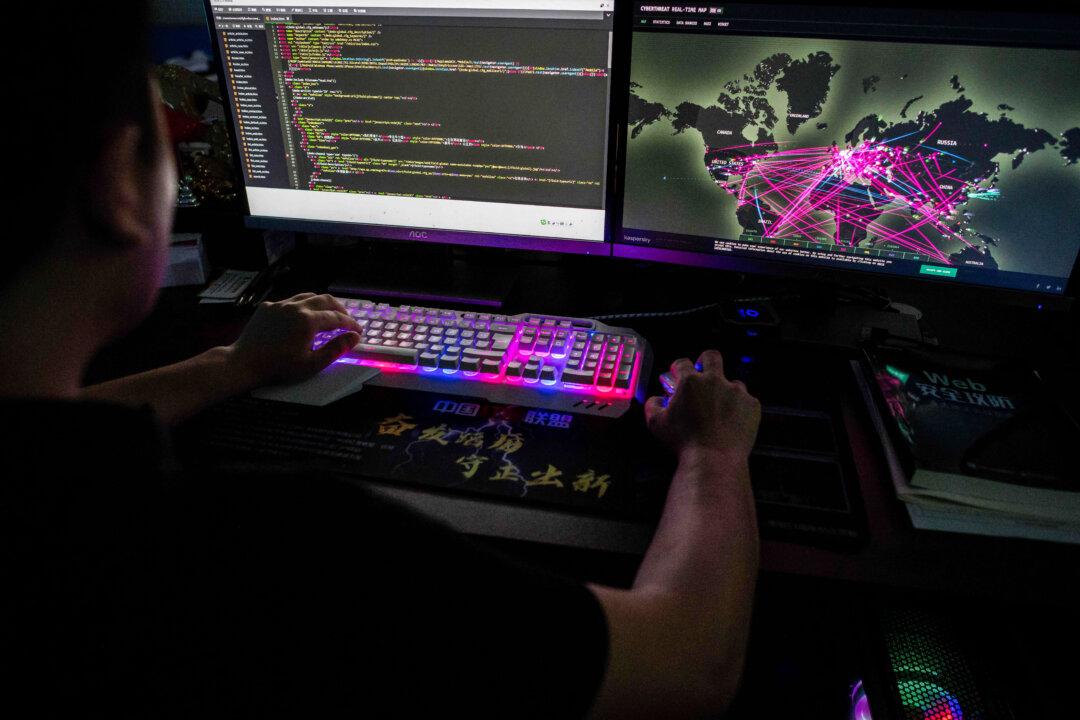Federal agencies issued an alert of a possible cyberattack targeting the November elections, warning that a specific hacking technique could prevent access to critical election information.
The alert was issued on Wednesday by the FBI and the Cybersecurity and Infrastructure Security Agency (CISA) for potential distributed denial of service (DDoS) attacks against election infrastructure. In such attacks, internet servers are flooded with enough requests to slow down servers to such a point that they become inaccessible or crash. This prevents regular users from accessing the servers and online resources.





